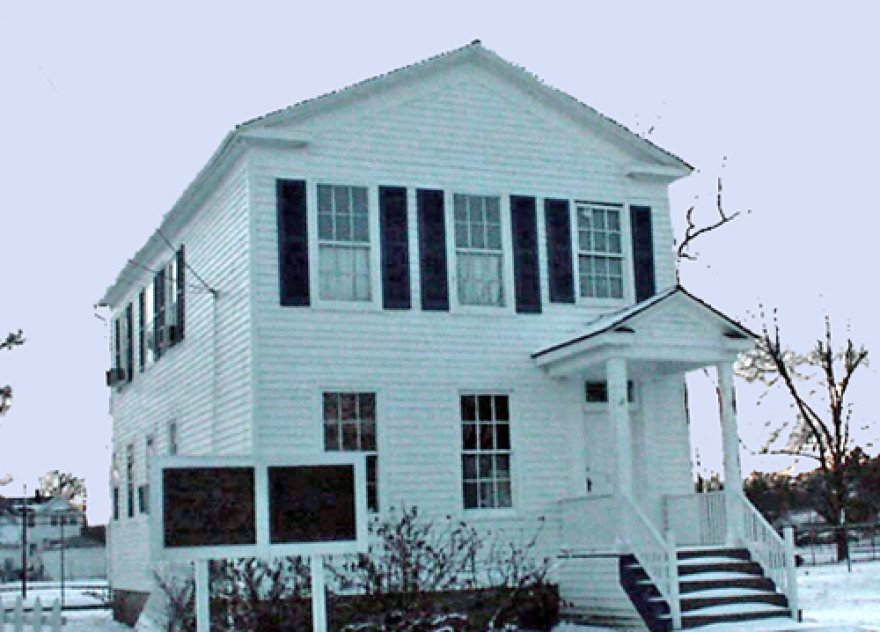Many years ago, a lonesome, newlywed army officer was sent to Detroit, and on a day in late April – his birthday – he wrote his wife Julia a hopeful letter. He had managed to rent what he called “a neat little house” in the same neighborhood as a couple of his friends.
“In the lower part of the house there is a neat double parlor, a dining room, one small bedroom and kitchen. There is a nice upstairs and a garden filled with the best kind of fruit. There is a long arbor grown over with vines that will bear fine grapes.”
A month later, he went and got her. The year was 1849, and Detroit was a rough, frontier town of about 25,000 people. The soldier thought it was a pretty dull place, but he fought boredom by racing horses on Fort Street, the avenue on which he lived. He and Julia threw a fancy dress ball which was an immense hit, and they helped socialize the town.

But before long she got pregnant, and went back to her family in St. Louis. Alone and lonely, the officer began to drink that winter. He discovered he was an alcoholic and couldn’t handle liquor. Finally, his Methodist pastor in Detroit got him to pledge to abstain.
Within a year and a half he was transferred and gone from Detroit forever. But his house still exists, and there is reason to care. The young soldier’s name was Ulysses S. Grant, the general who saved the union, defeated secession, and became our 18th President.
In recent years, historians have revised their view of Grant upwards –as does Ron Chernow’s magnificent new best-selling biography. Grant was always seen as a great general, but usually as a bad president who was honest himself, but tolerated corruption. But in recent years, we’ve seen him in a different light, as the last president who really protected the rights of African-Americans in the South. So you might think that the place he lived in Detroit ought to be an important historical site.
The Grant house once was – it was moved to the State Fairgrounds because of urban renewal long ago. But the fair closed a decade ago, and the house sits there, neglected. Sandra Clark, director of the Michigan History Center in Lansing, has the funds to move the house, and wants to do that by next June.
But they need a permanent place for it. They’ve been looking at the bustling Eastern Market area, but they don’t yet have a site. Once they get one, they need funds to restore it to the way it was in 1850. They don’t want to make it a “house museum,” a replica of how it looked when Grant lived there. For one thing, they don’t have any of his possessions. Instead, they want to make it a museum that celebrates that era in Michigan history –including the Underground Railroad that got runaway slaves safely to Canada.
Jack Dempsey, the executive director of the Michigan History Foundation told me yesterday, “General Grant saved the nation and President Grant fought to protect the rights of the newly freed. Can’t today’s Michiganders save and protect and cherish” his home?
I don’t know the answer. But if we care anything about the past, we should.
Jack Lessenberry is Michigan Radio’s Senior Political Analyst. Views expressed in his essays are his own and do not necessarily reflect those of Michigan Radio, its management or the station licensee, The University of Michigan.




